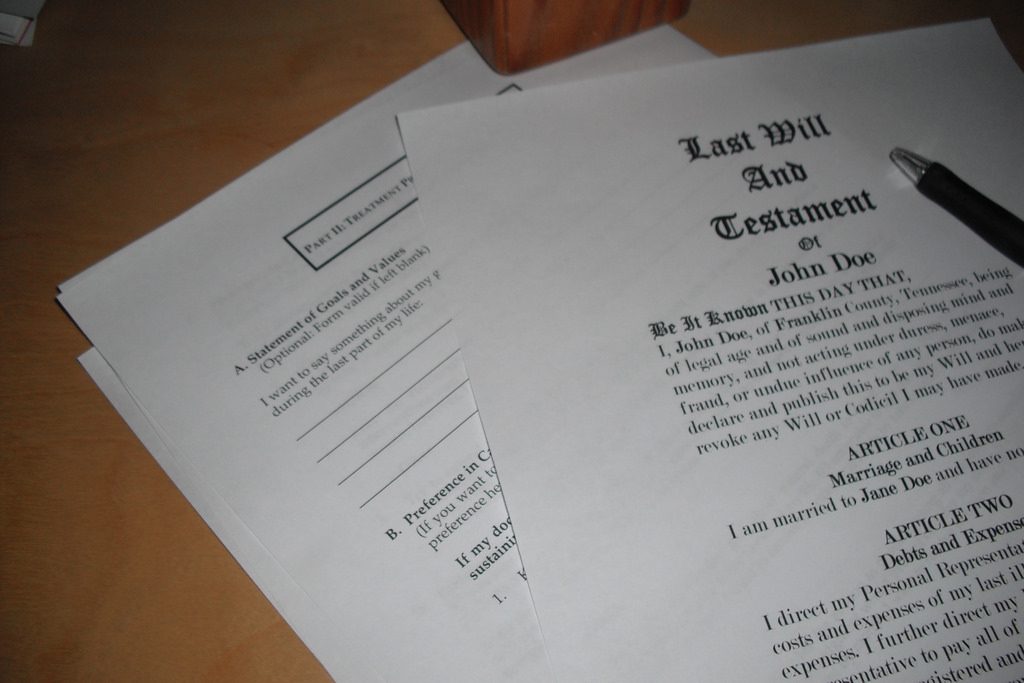Confusion relating to the approach taken on a Green, Low-Carbon, Agri-Environment Scheme (GLAS) contract where the farmer participant dies without a will was addressed in one case brought before the Ombudsman in 2020.
This was one of 163 complaints received about the Department of Agriculture, Food and the Marine (DAFM) in 2020, according to the Office of the Ombudsman in its annual report for last year.
In this case, a man complained about the Department of Agriculture, Food and the Marine’s refusal to allow him to continue his late father’s Green, Low-Carbon, Agri-Environment Scheme (GLAS) contract.
His father had died intestate and, because there was no will showing that he was entitled to take over the farm, the department refused to accept him as a ‘survivor’ under the force majeure provisions of the scheme.
As a result, he had lost payments due under the scheme from the date his father had died.
In an examination of the case, the Ombudsman noted that there were four siblings, who each had an equal entitlement to a share of the late farmer’s estate, including the farm.
The department said that under the terms and conditions of the scheme, a “survivor who is entitled to give the necessary undertakings” is an individual named in a will as inheriting the entire GLAS area of the holding of the deceased.
As GLAS undertakings are delivered in specific land parcels, the person giving the undertaking must be able to show entitlement to inherit all of the areas on which the GLAS contract is based.
For the contract to have continued, it said that the son would have to have been named as inheriting the entire GLAS area of the holding in the will for the application to transfer the contract to have been successful.
Without a will, it could not assume that any individual would inherit all of the lands in the GLAS contract when the estate was finally administered. All surviving children of the deceased had legal inheritance rights under the Succession Act that could not be assumed by the man.
The Ombudsman asked the department whether the contract could not have continued on the basis of all four of the siblings being “survivors” under the scheme.
He also asked if it could accept that the man was the “presumptive survivor” if the other siblings were prepared to submit affidavits relinquishing their claims to the farm.
Explaining the outcome of this case, the Ombudsman said:
“The department agreed to review the case if the siblings submitted affidavits relinquishing their claims to the farm.
“The department had applied the terms and conditions of the GLAS 3 Scheme correctly so the Ombudsman could not uphold the complaint. However on the basis of its willingness to take a flexible approach to what constituted a “survivor”, the case was closed as assistance provided to the complainant as it gave him a new option for a satisfactory resolution.”
The department indicated that it would be prepared to take the same approach in the future where the same circumstances arose and where siblings were prepared to submit affidavits relinquishing their claim to the farm, the Ombudsman concluded.
